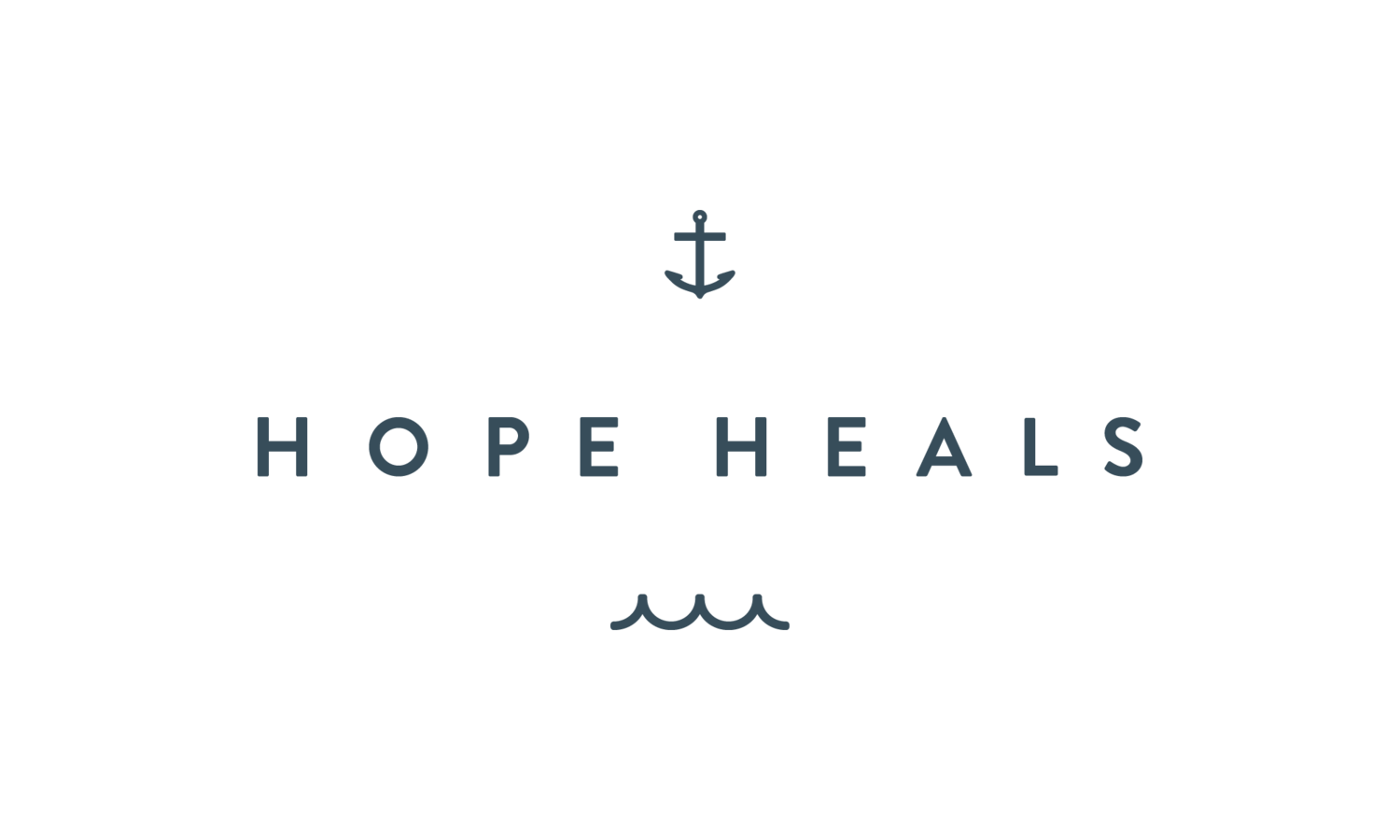World Stroke Day
October 29 is World Stroke Day, a day I never imagined I would commemorate each year. Stroke is the #2 cause of death in the world (#4 in the US), yet the majority of strokes are preventable.
Before April 21, 2008, Jay and I knew nothing about strokes. Do you? My guess is no. When my life and recovery hung in the balance, you better believe we got pretty educated on it. The sad thing is that many people may not have the chance to understand what a stroke is before it takes their life or changes it forever.
My situation was rare because my stroke was not preventable, but rather caused by a congenital brain defect that I didn’t know I had until it ruptured. 80% of strokes, however, are preventable!
We seem to have a strange resistance, maybe even a subconscious one, to acknowledging the fragility of our health, our bodies, and our minds. Why don't we know more about the #2 killer of human beings in this world? I truly think that’s a reflection of the human condition; we don't want to engage the truth that our bodies and brains are not going to last forever, and just possibly, they might give out on us long before we ever thought they would. Just because we don't want to go there, doesn't mean we might not end up there anyway. Like any owner of a God-given body, we should be thoroughly informed when it comes to our health because it is one of our greatest tools and gifts.
Through a bizarre series of events, the American Stroke Association asked me to be a part of their 2012 campaign to educate the public on the warning signs of a stroke. This campaign uses the acronym F - A - S - T: Facial drooping, arm weakness, speech difficulty, time to call 9-1-1.
I'd be lying if I told you that I wanted to be the poster child for stroke awareness. In fact, I worked in commercial modeling for several years, so I was more comfortable with the idea of being a poster child for a new dress in the Talbot’s catalog or a featured item at Target. I never imagined I’d begin modeling again—for a very different campaign—after my stroke. Being on a set again felt surreal and bittersweet after years in the entertainment industry. It was a “full circle" kind of moment, for which I am always grateful.
The campaign ran online, in print, on on television for years and was found to be one of the most effective public service announcements in the history of the Ad Council of America. I find enormous significance in the idea that the most unexpected co-mingling of my model past and my stroke-survivor present could bring life-saving information to people around the world. You never know what God will use to save a life.
